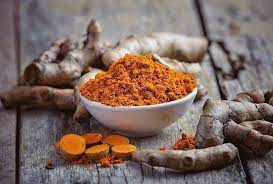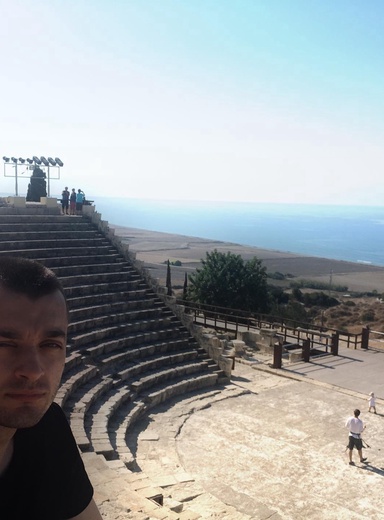Turmeric can be a fantastic spice, but not a medicine

At present, there are over 16,000 studies on curcumin, the compound responsible for turmeric and its yellow hue. It’s doubtful that the use of curcumin will have great health advantages. If this substance had truly demonstrated its effectiveness in medicine, the researchers conducting these studies would have recorded such effects. The studies that supposedly show the effectiveness of curcumin fail to withstand critical scrutiny.
 IT’S A SPICE, NOT A MEDICINE |
What’s this all about?
In a critical paper [1] published in the Journal of Medicinal Chemistry, scientists noted: “Curcumin is akin to a rocket that consistently explodes on the launch pad and fails to reach the atmosphere or its intended target.”
This “rocket” exploded on the scene in a recent study featured in BMJ Evidence-Based Medicine [2]. It is essential to clarify that the study primarily focused on curcumin, not turmeric, although many media outlets - from The Guardian to UNIAN - mistakenly referred to turmeric.
Turmeric contains approximately 3-5% curcumin. To attain the dosage administered in the study, you would need to consume 60 grams of turmeric, equivalent to roughly six tablespoons, daily for 28 consecutive days. There is no guarantee that you will transform into a Pokémon figure, but the strain on the liver might prove too much.
Now, let’s look into the study itself.
The research compared the effectiveness of curcumin and the pharmaceutical drug omeprazole in ameliorating the conditions of patients afflicted with functional dyspepsia – a stomach ailment characterized by pain and discomfort that can intensify under the influence of anxiety.
Participants were divided into groups receiving the following:
- a) curcumin alone;
- b) omeprazole alone;
- c) curcumin + omeprazole, where patients were administered two 250 mg curcumin capsules four times a day along with one 20 mg omeprazole capsule once a day for a duration of 28 days.
Several factors cast doubt on the study’s findings:
- The funding source raises concerns, as the study was financially supported by the Thai Foundation for Traditional and Alternative Medicine, thus the results should be treated critically.
2. While the authors claim that the study was conducted in a blinded manner, it should be noted that curcumin has a distinct taste and odour, which might have helped participants to distinguish the substances they were taking. Also, it’s surprising that the study did not evaluate the effectiveness of blinding.
“We noted that there was no rise in participant satisfaction with the capsules. It’s quite possible that such results are due to the unpleasant taste or smell of curcumin,” the researchers write.
- Due the absence of a placebo group in the research study, the impact of no treatment remains unknown.
- Physician Cyriac Abby Philips [3] points out that the researchers did not apply the recommended treatment for functional dyspepsia and failed to adhere to the prescribed treatment duration. Moreover, omeprazole is not typically recommended for treating functional dyspepsia. This means that an element of the treatment was incorrect.
In essence, the study reveals that the treatment approach did not yield the expected results. Consequently, it’s not too surprising that there were no substantial differences between the three groups in terms of treatment effectiveness or side effects ![]()
Prepared by Dmytro Filipchuk
Sources:
1. https://pubs.acs.org/doi/full/10.1021/acs.jmedchem.6b00975
2. https://ebm.bmj.com/.../early/2023/07/26/bmjebm-2022-112231
3. https://twitter.com/theliverdr/status/1701433756542960032






